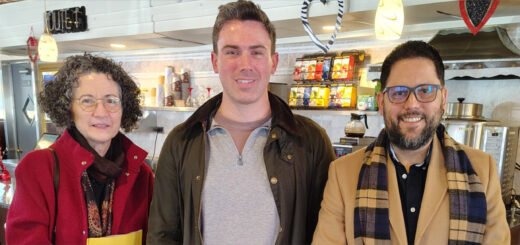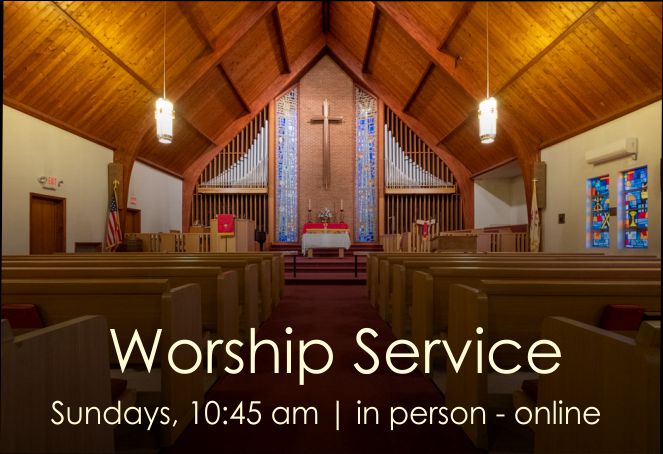I am an excellent Christian, but I am not a good person

Sadly, the activity of the church has been reduced exclusively to the realization of meetings, worship services, and celebrations, where Christians gather to sing, listen to sermons, see or participate in one or another artistic activity, give their offerings and pray communally. To these activities are added spaces for biblical study and theological reflection, homogeneous meetings (married couples, youth, adolescents, businesspeople, university students, etc.) in homes that allow communion among those attending the congregation.
Likewise, these activities are attached to personal spaces of praying for needs, counseling, spiritual help, even sharing food for the needy people, and others like that. This is undoubtedly part of the work of Christian organizations and it is good to attend to them. However, some have become so committed to this type of activism that, at the end of the day, they forget that this is only a part of Christian life, not its entirety.
There is a kind of moral superiority that some Christians assume by the fact of being involved in church activities, also being convinced that they are truly children of God, and therefore, assuming an attitude towards others who are not part of the congregation, seeing them as second-class people; assigning qualifiers such as worldly, impious, sinful, etc.
It is not strange to even find someone questioning the faith of their family, friends, co-workers, etc.; when, for example, on a visit to their homes they see Catholic images and their reaction is to say things like “get rid of that idolatry, which is what has you impoverished”, “Do you believe in the Virgin Mary? Rightly so! Idolatry is an abomination to God”, and others.
This kind of behavior is interesting, since all Christians have our own idols. These idols are not made of plaster or wood, but they are worse since they are made of flesh and blood. I am referring to the pastor of this or that church, our favorite preacher, or Christian music singer, those whom we admire and respect, we obey without question under the belief “do not touch the anointed” (Psalm 105:15). We have created idols that every week tell us what to do and what not to do. It is common to find that those who criticize others are actually projecting their own sins onto them.
Faced with this, Jesus had a very clear word in Matthew 7:3 when he declared, “And why do you look at the speck that is in your brother’s eye, and do not notice the beam that is in your own eye?” Using derogatory and/or hurtful words against others, from a supposed moral superiority, makes us bad people.
There are many ways in which a poor reading and understanding of the Scriptures make us ‘bad people’ in front of those who do not know Jesus. From the biblical phrases “do not love the world, nor the things that are in the world” (1 John 2:15), “Do not be unequally yoked” (2 Corinthians 6:14), “What communion will light have with darkness?” (1 John 1:6), etc; generally taken out of the full context of God’s advice, it is achieved that instead of loving our neighbor, as Jesus commanded, we show rejection and hatred to those who do not know Jesus. Bad attitudes, derogatory phrases, isolation, bitterness, pouting, among others, complete the list of actions that show us as truly hateful.
With these attitudes we are entering into a contradiction, since being a Christian and ‘bad people’ are not compatible; it goes against what the apostle writes to the Galatians in chapter 5, verses 22 and 23; “But the fruit of the Spirit is love, joy, peace, patience, kindness, goodness, faith, meekness, temperance; against such things there is no law.”
Doing a re-reading of the text, approaching to Jesus’ God in the Scriptures, this passage would say, “So that people know that you are children of God, the Holy Spirit will bring forth the visible fruit, making you loving, happy people, peaceful, patient, merciful, good people, with faith, meek and self-control.”
We have wanted many times to convert people trying to use the Bible as a weapon to hit them. However, they are busier seeing our example than listening to what we have to say. This at no time means that we should negotiate our principles, but it does mean that when people see us, they should see Jesus reflected, and for that, we must know Jesus first.
Love should be our language, understanding others, our business card in the midst of a world that discriminates and hates those who do not believe like the world does. In our days full of violence, hatred, heartbreak, need, sin, the Church must rise up as a community that shines with the light of Christ, that touches the undesirables, that brings good news and healing to hearts, just as Jesus did. Just like Jesus would do.
Let’s remember John Wesley advising, “Do all the good you can, by all the means you can, in all the ways you can, in all the places you can, at all the times you can, to all the people you can, as long as ever you can.”
Warmly,
Ps. David Gaitan









